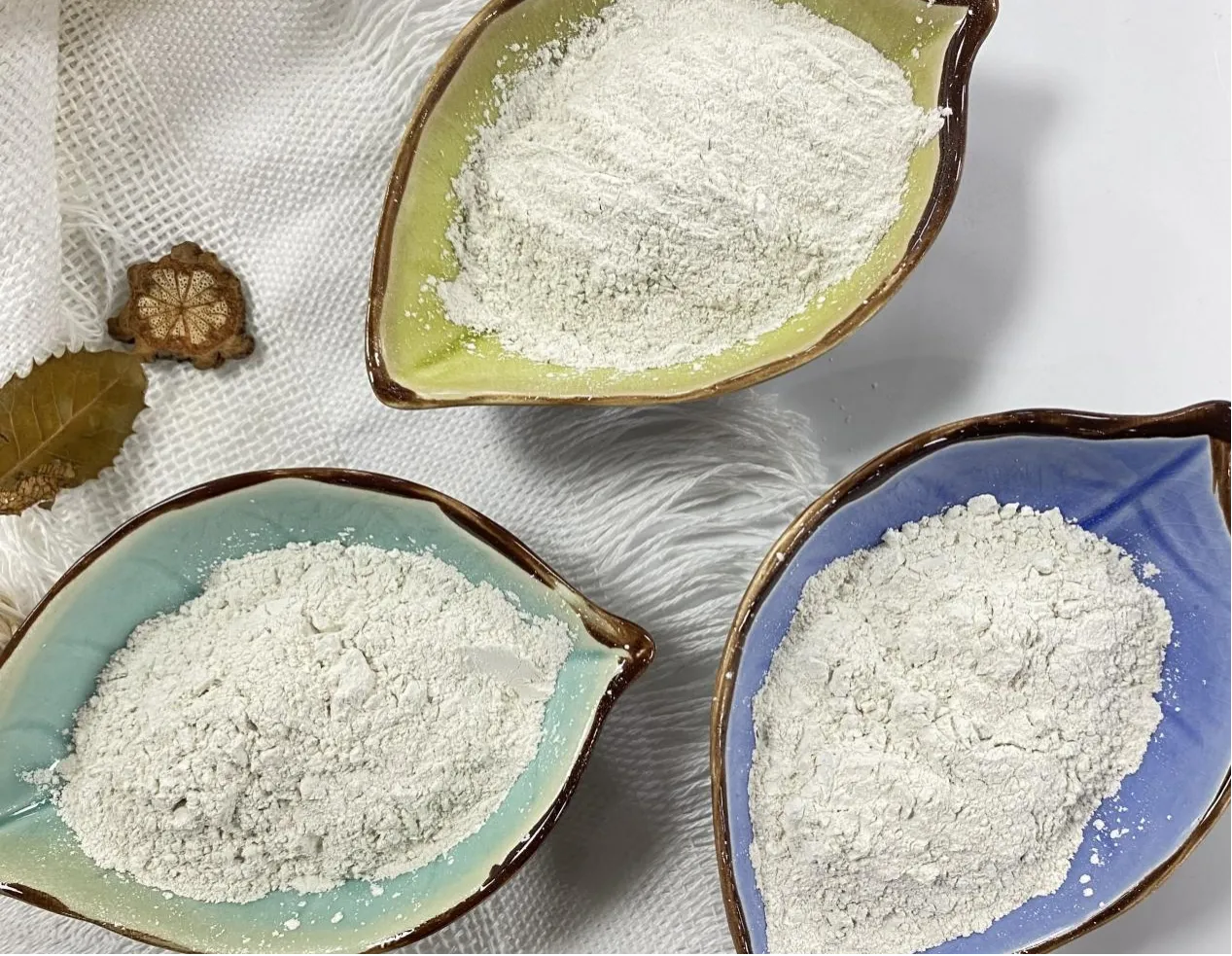
The Essential Role of Retarders and Accelerators
In the construction industry, working with gypsum products such as plasters and drywall requires precise control over setting time.

Why Setting Time Matters: The Role of Gypsum Retarder Chemicals et Accelerators
Without this control, premature hardening can result in waste, poor finishes, and unnecessary labor costs. Two important additives help professionals achieve the perfect timing: the gypsum retarder chemical and the gypsum accelerator.
Gypsum naturally sets quickly when mixed with water. While this is sometimes desirable, especially in fast-paced installations, in most applications, workers benefit from extended working time. This is where the gypsum retarder chemical becomes essential. It slows down the hydration process, giving more time for application and finishing. One of the most common retarders in gypsum est cream of tartar, a food-grade substance known in construction as a reliable and natural plaster retarder.
The cream of tartar plaster retarder works by interfering with the formation of gypsum crystals, which delays hardening without negatively affecting strength or surface quality. It’s widely used in both commercial and DIY plastering projects for its effectiveness and affordability.
In contrast, a gypsum accelerator does the opposite—it speeds up the setting process. Accelerators are ideal for patch repairs, fast-track construction schedules, or cold weather environments where natural set times slow down. Professional applicators often alternate between retarders and accelerators depending on site needs.
Understanding the Range: From Extra Time Plaster Retarders to Specialty Brands
Among the various products available, extra time plaster retarder options are particularly popular. These formulations are designed to offer controlled, extended workability, which helps reduce stress during application. A go-to product for many DIY users is the extra time plaster retarder TangZhi offers. It’s convenient, user-friendly, and compatible with a range of plaster types.
For larger-scale commercial use, professionals may choose brand-specific products like USG gypsum plaster retarder. Known for its consistent quality and precise performance, USG’s solution is engineered to be used in conjunction with their own plaster systems, ensuring compatibility and optimal results.
The effectiveness of any retarder depends on its formulation and dosage. While cream of tartar plaster retarder is widely accessible and commonly used, commercial options often contain blends of organic and synthetic compounds for enhanced control and performance.
Choosing the right product involves evaluating environmental conditions (like temperature and humidity), project size, application method (manual or machine), and required open time. Whether it’s a quick job needing a gypsum accelerator or a complex one demanding a long-working extra time plaster retarder, using the correct additive can make all the difference.
FAQ: Gypsum Retarders & Accelerators Explained
1. What is a gypsum retarder chemical, and when should I use it?
A gypsum retarder chemical is an additive used to delay the setting time of gypsum plasters or boards. It’s ideal for large surfaces, hot climates, or complex applications that require extended working time.
2. How does a gypsum accelerator work?
A gypsum accelerator speeds up the hardening process of gypsum by promoting faster crystal growth. It’s useful in cold environments or projects requiring rapid turnaround.
3. Is cream of tartar plaster retarder effective for DIY use?
Yes. Cream of tartar plaster retarder is a widely used and affordable option for small to medium DIY projects. It offers a natural and consistent way to extend setting time without compromising finish quality.
4. What’s the difference between a general retarder and an extra time plaster retarder like the one sold by TangZhi?
An extra time plaster retarder is a formulated product offering more precise and longer-lasting delay effects than some general retarders. The extra time plaster retarder Screwfix TangZhioffers is tailored for easy application and reliable results in small-scale projects.
5. Why choose a branded option like USG gypsum plaster retarder?
USG gypsum plaster retarder is specifically designed for use with USG’s own plaster systems. It ensures optimal compatibility and consistent performance, making it ideal for professional-grade work and commercial projects.
-
Hydroxypropyl Starch as a Sustainable Construction AdditiveNewsNov.24,2025
-
The Gelation Properties of CMCNewsNov.21,2025
-
Redispersible Latex Powder and Water Retention CapacityNewsNov.21,2025
-
Dosage Control for Polycarboxylate Water ReducerNewsNov.21,2025
-
Film-Forming Properties of Polyvinyl AlcoholNewsNov.21,2025
-
The Function of Gypsum Additives in MortarNewsNov.21,2025





















